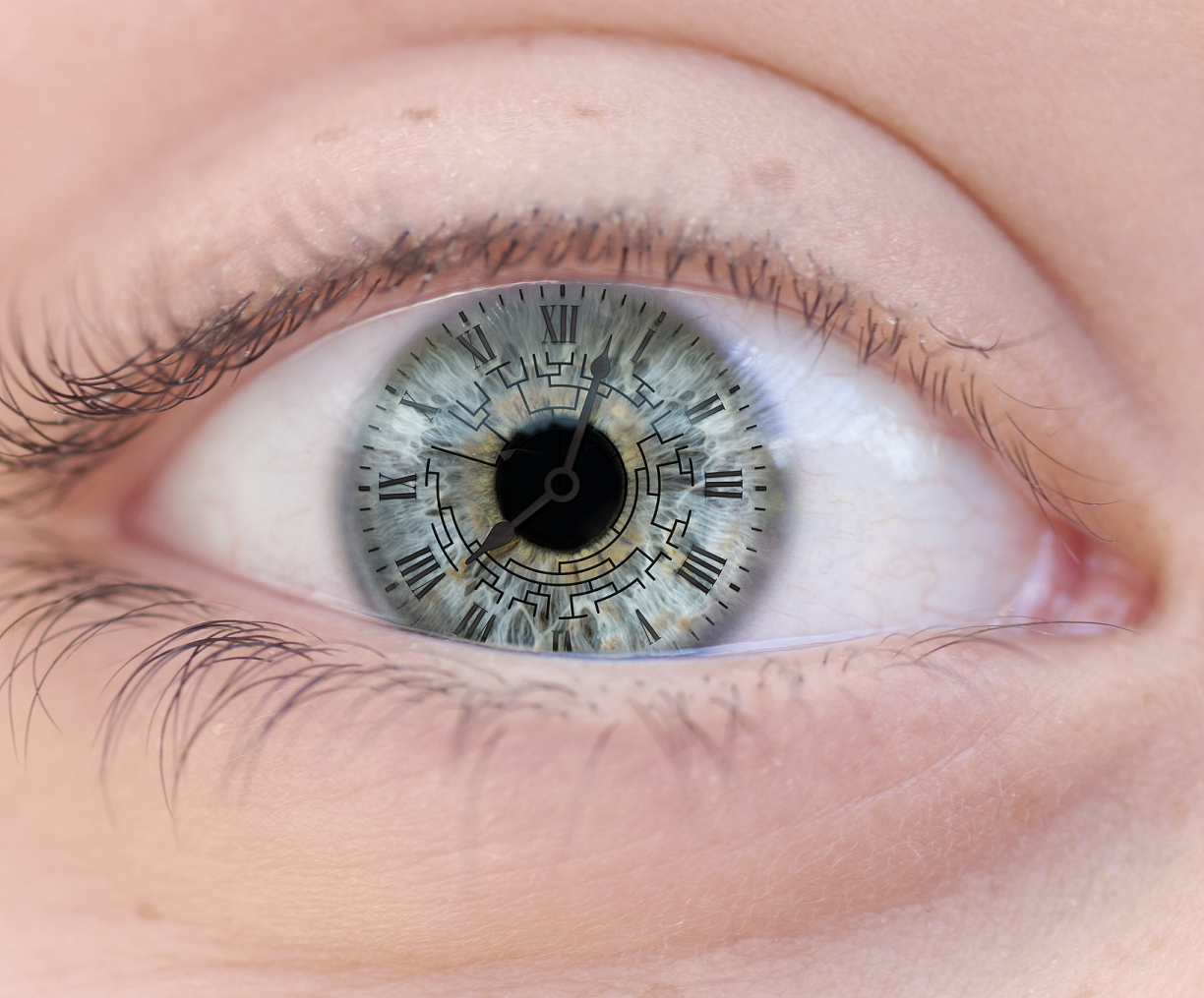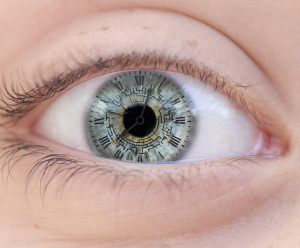In the midst of the media circus surrounding our paper “metabolic rate and body size are linked with perception of temporal information”, I was invited to speak about our work on several radio shows. What followed was a mixture of immense excitement, nervous trepidation, deflation and all round good fun. This is only the third time I have spoken about research on the radio, but this time there was so much exposure that I really learned a lot – mostly how to manage my own expectations and general sanity with the whole bizarre affair.
It starts with excited phone calls with producers of the radio shows. They tend to call you at ungodly hours and want to chat with you about the work. I get the impression this is as much to sound out what you are going to say and how you will come over on the airwaves as it is to let you know what the focus of their on-air discussion will be.
What followed for me was a very exciting and bleary-eyed 6am trip to our national broadcasting headquarters RTE in their Dublin studios where I would do a “link up” to the British BBC radio stations for their various breakfast shows. Since I was just there to use their facilities, I was shepherded down to the basement to sit in a tiny studio cubicle beside their engineering and IT department. Were it not for a very nice, interesting and friendly sound engineer (lots of engineers I know are “sound” but this guy was both – its an Irish thing) Kevin Cronin, I would have been lonely and bored indeed.
First lesson – you get mucked about. I don’t think a single time-slot I was given was kept strict, so you end up sitting around not quite sure who you are going to talk to next. Then, suddenly, the earphones go live with the sound of the radio show you are going to link with, and a producer’s voice comes over to check the line and give you a few minutes warning alerting you to the go-live. Next thing, typically following some grim story unfolding from somewhere around the world, you are introduced by some typically odd segue and off you go. Talking to what could just as easily be a few million people as a few thousand. They will take liberties with your time, so if you need a break, tell them you can’t talk at a certain time. Don’t feel beholden to them – although if it’s a big show then probably you should make the effort.
Second lesson – the presenter is in charge. Make no bones about it, you are there to answer their questions, not to talk about your actual research. They will have read your press release if you are very lucky, else they will have garnered the gist from the producers notes or worse still from whatever news article they read about your work on the way to work – a chinese whispered, now long-since bastardised version of your science. In my case, I ended up talking about how best to swat a fly, not the tiger beetle that runs so fast it runs blind, or the swordfish that speeds up and slows down its visual processing abilities as and when required. No. Fly swatting. I don’t work on flies, never have, likely never will. I don’t mind though, it’s not up to me to say what’s interesting in my work for other people, just as it’s not up to the artist to determine what people should see in their painting – Jesus face on a piece of toast for all I know.
Third lesson – it gets boring. If you find yourself doing a few of these in one day, you will likely be over the excitement after the first few. Then repetition and boredom sets in. Same questions, but now, more aware of what’s happening and determined to get my point across I try to steer the topic back to the actual work we did and away from flies. Nope. Remember, the presenter is in charge. You can sense their desire to cut you off when you start to drone on, and you are back to flies. It also gets tiring, so remember to eat and load up on coffee.
It gets easier. Once the first nerves die off (I wasn’t particularly happy with my first interview of the day on BBC Radio 4 with John Humphries), and you stop trying to second guess what you will be asked, you find yourself just going with the flow. It has certainly helped me with my “elevator pitch” and I would like to think I would be more confident if and when this kicks off again sometime in the future.
It was a mad day, typified by having loud conversations on my phone in the tea room in Zoology along the lines of “yeah, no, I can’t do that slot, I’m with BBC world service at 12.30, I can probably fit you in after though…”.
Best parts – I got to chat with John Humphries live on air, shook Ryan Tubridy’s hand (I just stopped him in the corridor and gave him no choice!) and I got to talk to “Daddy Ray” (Ray D’Arcy from my childhood favourite Zig and Zag show The Den). My parents are proud to say the least, various people high up in College seem happy, and my PhD student Kevin Healy has had a whirlwind start to his academic career – on 16th September 2013 he won the internet.
Last pointer – don’t get flippant or try to be funny if you are anything like me. At the end of my piece, I took a swipe at Ray D’Arcy’s audience with a bit of a pun joke saying that some of them had too much time on their hands with their over-thinking of how to swat a fly.
Author:
Andrew Jackson, @yodacomplex, a.jackson[at]tcd.ie
Photo Credit:
Kevin Healy


